11 Surprising Things Your Genes Say About You

Some traits you were born with -- your eye color and hair color, for example -- come from your genes. They’re molecules – scientists can see them only with a microscope -- that carry information passed down from your parents. You’ve probably heard it called DNA. Most DNA is the same for everybody. But a small percentage of it is yours alone. Those differences determine parts of your physical appearance, your risk for certain diseases, and even your personality.
There’s lots of new genetic research that matters -- or will matter -- to you.

We all wonder when we’ll get our first grey strand. Scientists found a gene that helps figure out if -- and how early -- you’ll get that “distinguished look.” The gene, called IRF4, helps make the pigment in your hair, eyes, and skin. It may give us insight on aging and possibly how to hold off those silver locks.
Researchers also found genes linked to balding, curly hair, and unibrow.

Some genes may determine which gender you’re attracted to. New research shows that brothers, uncles, and cousins of gay men are more likely to be attracted to members of the same sex themselves. Scientists have found two spots that seem to play a role. But they don’t know exactly which genes are involved.

There seems to be a connection between a specific gene and impulsive behavior. A pattern in a gene called KALRN may also play a role in which teenagers are more likely to binge drink.
These findings may also shed light on why some of us have trouble controlling our urges to drink, do drugs, and try dangerous activities.
And they may one day help doctors find and treat teens with this risk.

You know that a pregnant woman’s age, diet, weight, and drinking habits can affect her baby’s health. But do you know the same is true for the father?
As men get older, if they gain a lot of weight, or become heavy drinkers, their genes can change. If passed down, those changes may raise their kids’ -- or even grandkids’ -- chances of getting conditions like autism, diabetes, and cancer.
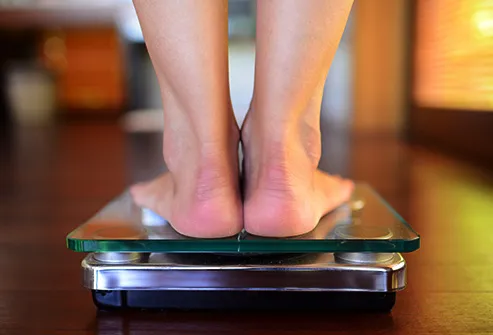
What you eat and how much you exercise isn’t the whole story when it comes to your size. Your genes also may play a part. For the first time, scientists have found some people’s genes nudge them toward a higher-than-healthy weight. A nutritious diet tips the scales in your favor. That’s not always easy, so ask your doctor for advice on how you get started.

You’ve probably heard of post-traumatic stress disorder, or PTSD. Truth is, it’s not just our veterans or heroes who are at risk. Studies on both soldiers and earthquake survivors have found a couple of different gene patterns that may play a role, too.
Surprisingly, the same combinations have also been linked to rheumatoid arthritis and psoriasis. Experts are looking into how these conditions may be related.
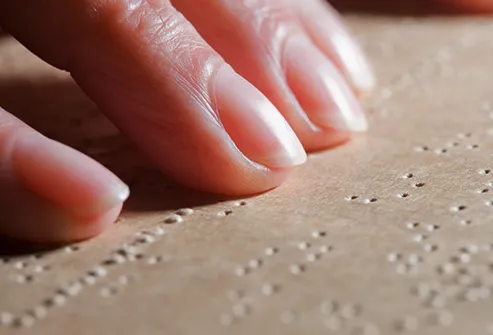
Experts now believe several dozen gene variations may raise the risk of age-related macular degeneration, or AMD. It’s the leading cause of blindness in people 50 and older.
Some combinations have been tied to wet AMD, a more advanced form of the disease.
This means doctors may one day be able to test for genetic risk and come up with new ways to prevent or treat both disorders.
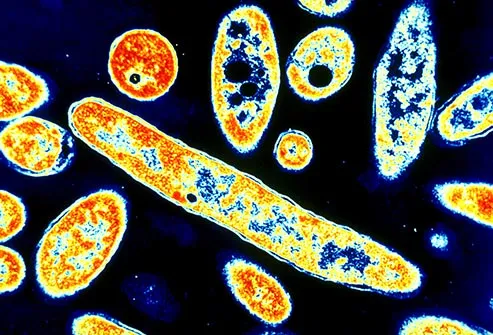
Our ancestors faced many viral illnesses as our species evolved.
Today, a bit of your DNA is leftovers from viruses our ancestors fought off. Scientists used to think these strange bits had no purpose. But when they removed them from cells in a lab, other nearby genes were no longer able to trigger the immune system to fight off new virus attacks.
It turns out, those ancient viruses have been protecting us against new ones all along.
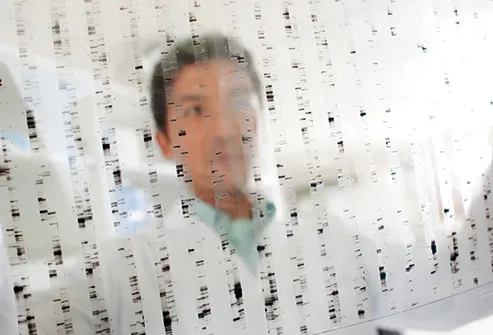
Scientists have found a few people whose genetics would suggest they'd have a serious, inherited childhood disease. Yet, they don’t. Researchers are looking for more of these lucky people. They want to figure out what makes them so fortunate and what new treatments they can inspire.

About 40% of us might have genes linked to celiac disease. That’s the disorder that stops you from digesting gluten and causes inflammation in the intestines. But only about 1% of the people with these genes have symptoms of the disease.
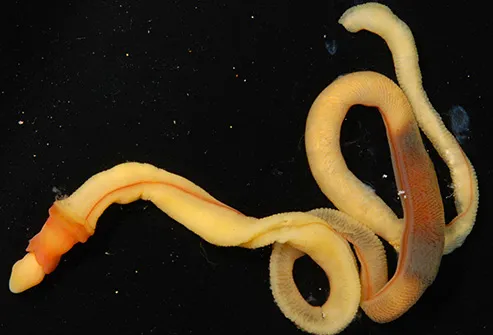
Researchers in Japan say people share about 14,000 genes -- or roughly 70% of their genetic makeup -- with tiny acorn worms. These creatures live in the water and breathe through slits in their guts similar to fish gills. There’s evidence those slits evolved into our jaw, tongue, voice box, and throat muscles.

If all this news about genetics has you wondering about what could be hiding in your DNA, remember this: Your health, personality, and your looks are based on many things, including your genes. But your environment, your lifestyle, and a bit of chance also play roles.
The choices you make still matter most as far as who you’ll become, though.